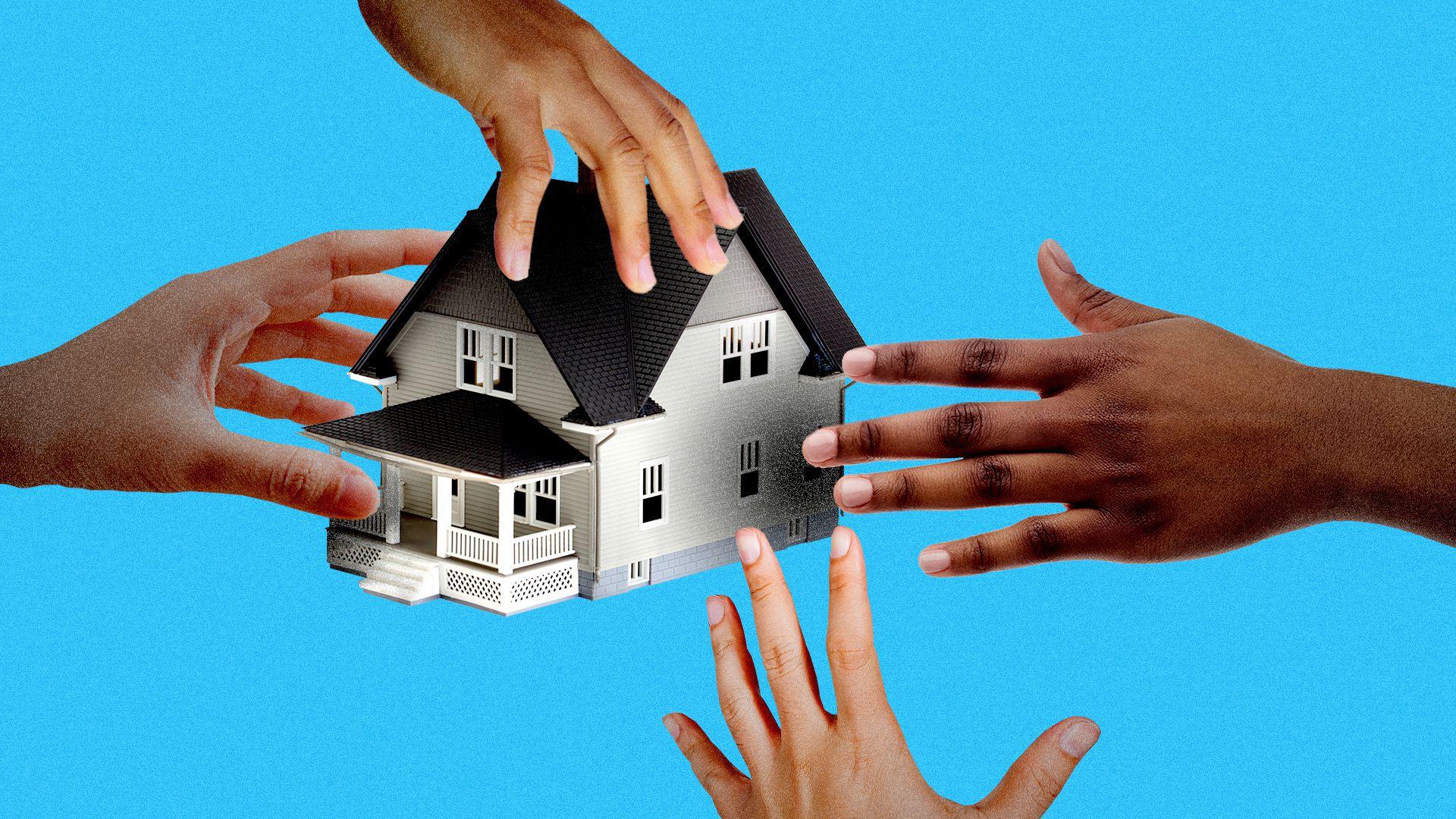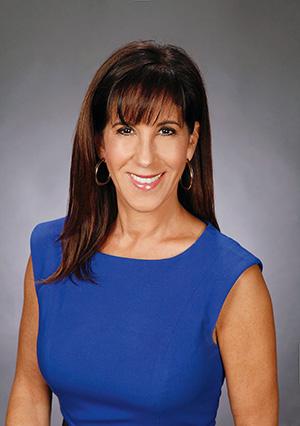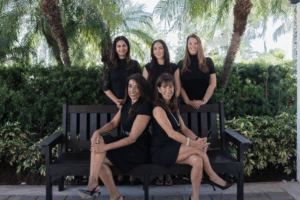Axios.com: Why the Corona Virus is leading Americans to move to the Suburbs
By: Jennifer A. Kingson
Axios.com
“It’s not just emotional buying, real estate agents say: There are smart and strategic reasons that Americans of all ages, races and incomes are moving away from urban centers.
Why it matters: Bidding wars, frantic plays for a big suburban house with a pool, buying a property sight unseen — they’re all part of Americans’ calculus that our lives and lifestyles have been permanently changed by coronavirus and that we’ll need more space (indoors and out) for the long term.
Driving the news: There’s a gold rush in real estate across the U.S., driven by record-low mortgage rates and the dawning realization that for many of us, our homes are going to be the only place we work and play for the foreseeable future.
- The trend started in the spring when school was cancelled in many areas, and has gained steam as companies have allowed workers to continue working from home (in some cases, indefinitely) and as question marks have arisen over in-person school this fall.
- While spacious single-family homes in suburbs and exurbs are in hot demand, apartment rents are falling in places like Manhattan, where landlords are offering deals to entice tenants.
What buyers are looking for: Fresh air, backyards, home offices (for two adults), a homeschooling area, space for pets, home gyms — plus proximity to beaches, lakes, parks and bike paths.
- “Preferences have moved from ‘what’s a prestigious location?’ to ‘what’s practical?’ and ‘what’s the quality of life we want for our households?'” Anna DeSimone, a housing finance expert who writes guidebooks for consumers and mortgage professionals, tells Axios.
- Searches on the Compass Real Estate website for houses with pools are up threefold, searches for single-family homes are up 40%, and searches for condominiums and co-ops have decreased, Compass CEO Robert Reffkin told CNBC.
As more people do their grocery and household shopping online, proximity to retail stores is no longer a real estate priority.
- “We’re not hearing as much around brick-and-mortar, where’s the closest this-or-that,” Kris Lindahl, CEO of a real estate agency in the Minneapolis-St. Paul area, tells Axios. “Instead it’s ‘can we get delivery here?'”
Between the lines: Some people are moving because they find that — now that they spend most of their time in the same place with the same people — they are dissatisfied with their current housing.
- “When you’re spending nine-plus hours a day at home, you’re going to see things differently,” Lindahl says.
By the numbers: Existing home sales rose 20.7% in June over May, and median housing prices rose in every region of the country, according to the National Association of Realtors.
- Sales growth is particularly pronounced in more affordable regions like the South and the Midwest, Lawrence Yun, the NAR’s chief economist, tells Axios.
- One new trend he identified: “People wanting to buy out in the suburbs and away from city centers.”
Unlike in decades past, the move toward the suburbs does not represent “white flight,” but rather the work-from-home phenomenon, Yun tells Axios.
- “The people moving to the suburbs are of all races and ethnicities,” Yun said, noting that equal access to housing in all areas is “the law of the land.”
Inventory of available homes for sale — which was low even before the pandemic — has grown even scarcer, to the point that realtors are knocking on the doors of desirable homes and asking the occupants if they’d consider selling.
- “It’s been nutty for the past couple of weeks,” Andrea Paro, an agent at Compass Real Estate in Bethesda, Md., tells Axios. “I am trying to fasten the seat belt and just ride this.”
- She recently listed a single family house in Falls Church, Va., and immediately got 64 requests for showings. “I’ll probably get 10 offers,” she says.
Despite the logic in the market, some percentage of buyers are making purchases based on panic or other emotions — and those are the ones who may rue their decisions or find that their homes don’t hold their value.
- In the New York City area, that can mean that buyers are “paying $50,000 more so they can move out to Connecticut and ride their bike and go to the beach,” DeSimone says.
- All too often, she says, “When people are making an emotional or hasty decision, that real estate investment is not going to grow.”



